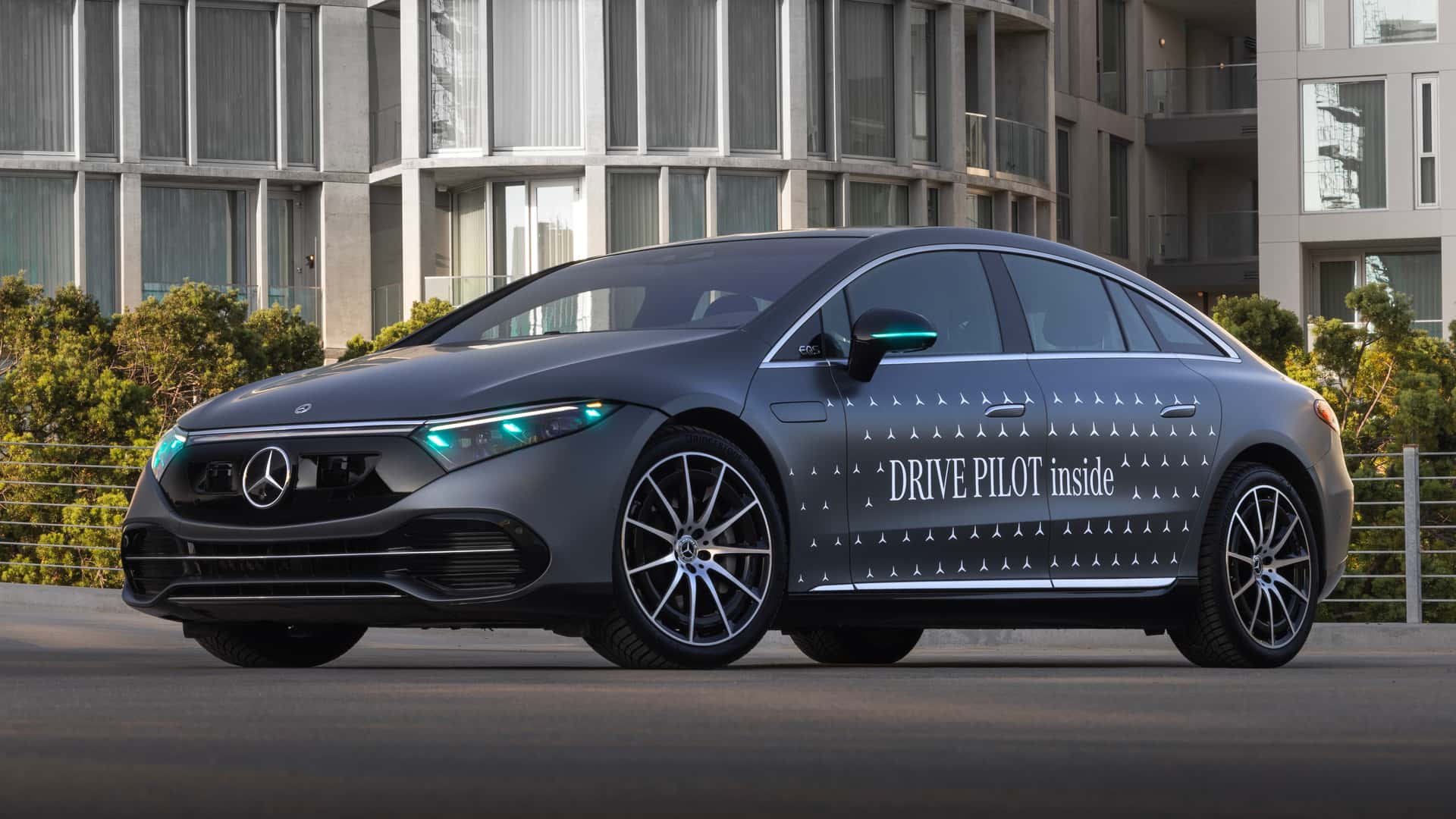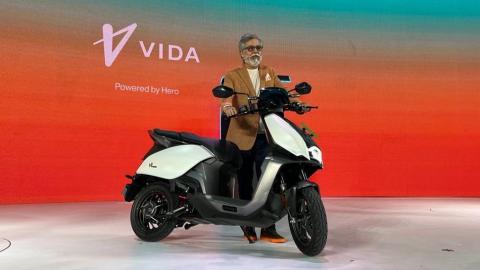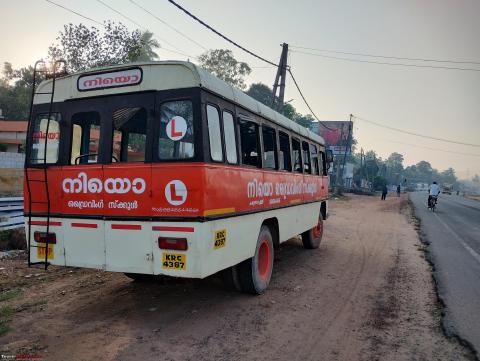
This situation has become a significant concern for my friend, especially considering his plans to purchase an electric car.
BHPian Captain Slow recently shared this with other enthusiasts.
Greetings fellow members.
My friend is currently experiencing problems with his Residential Welfare Association (RWA). It appears that they are now prohibiting residents from installing charging stations in their parking lots. From a legal standpoint, what options does he have?
This situation has become a significant concern for my friend, especially considering his plans to purchase an electric car.
Up until now, we have noticed that some residents have taken the initiative to install charging sockets for both four-wheelers and two-wheelers in their parking lots, as this facility was not previously available from the association.
To ensure the safety of our residents and prevent potential fire or electric shock hazards within the complex, the Management Committee has decided not to permit any individual charging stations for individual four-wheelers or two-wheelers in any of the basement parking areas.
We kindly request every resident to adhere to these guidelines.
Any advice on what can he do about this?
Looks like he will have to do this.
Here’s what BHPian Rodie09 had to say about the matter:
I find the RWA’s stand fair given that they come up with a plan to systematically retrofit the parking with charging sockets in a given time frame.
Simply saying no will not work.
Those who are installing on their own, if from meter rooms, are actually tampering with the designed and permitted electrical distribution.
Can be held liable if anything goes wrong.
Here’s what BHPian Captain Slow replied:
The decision appears to be motivated by the intention to sell power from a third-party vendor instead of using the electricity from one’s own meter.
Sir, following that line of reasoning, even installing solar panels on your house could be seen as interfering with the intended and approved electrical distribution system.
Even adding an extension box or a UPS system to your home constitutes a direct alteration to the electrical design of your house!
Here’s what BHPian Rodie09 replied:
Regarding Solar Panels, yes if you are installing a grid connected system you need to obviously have the electrical distribution company aligned. In apartments, RWA nod is very much needed for solar panel also.
Altering the internal wiring of a house and installing capacity (switchboards) above rated kva for your meter is definitely not allowed.
Coming to the topic at hand, imagine in a society of 100-200 basement parking if everyone drew their own wires, conduits and switchboards – there would be a chaos in terms of design, aesthetics.of common areas, safety of others etc.
Living in apartments comes with own restrictions although you bought the property. It is never going to be like an independent house.
Here’s what BHPian SmartCat had to say about the matter:
If some space is available in common areas, RWA can tie-up with third party EV charging infra companies.
Electricity charges are billed to the society but they will pay the RWA a monthly fee or a cut of revenues generated from charging. Residents who plug in their EVs have to pay for every charge.
Here’s what BHPian vinjosep replied:
We have this in our society and precisely, this is the reason why I have put all my EV plans on hold. Our RWA aren’t allowing new individual charging points anymore.
For about 1000+ apartments we have around 12 charging lots (clusters of 4 charging points, out of which 3 are for two-wheelers & 1 for a four-wheeler). These are set up by bolt.earth in a tie-up with the RWA. As per the RWA rules, we can park & charge in these designated spots. The RWA also gets a % from the cost we pay to bolt.earth. Also, we have to pay a penalty if we continue to park in the lot after the 2/4 wheeler is fully charged.
Thus I won’t be able to charge my vehicle overnight/ at my will, based on the above conditions. The cost is definitely higher as well (compared to that incurred by an owner with an individual charging point in his parking lot).
So, the availability of a charging point is not assured nor is the cost spread over the span of ownership of an EV vehicle. I feel this is an extremely short-sighted stand by the RWA and goes against EV adoption. Good for delivery chaps or visitors for sure; but definitely not for the residents.
Check out BHPian comments for more insights and information.
Source: Read Full Article










